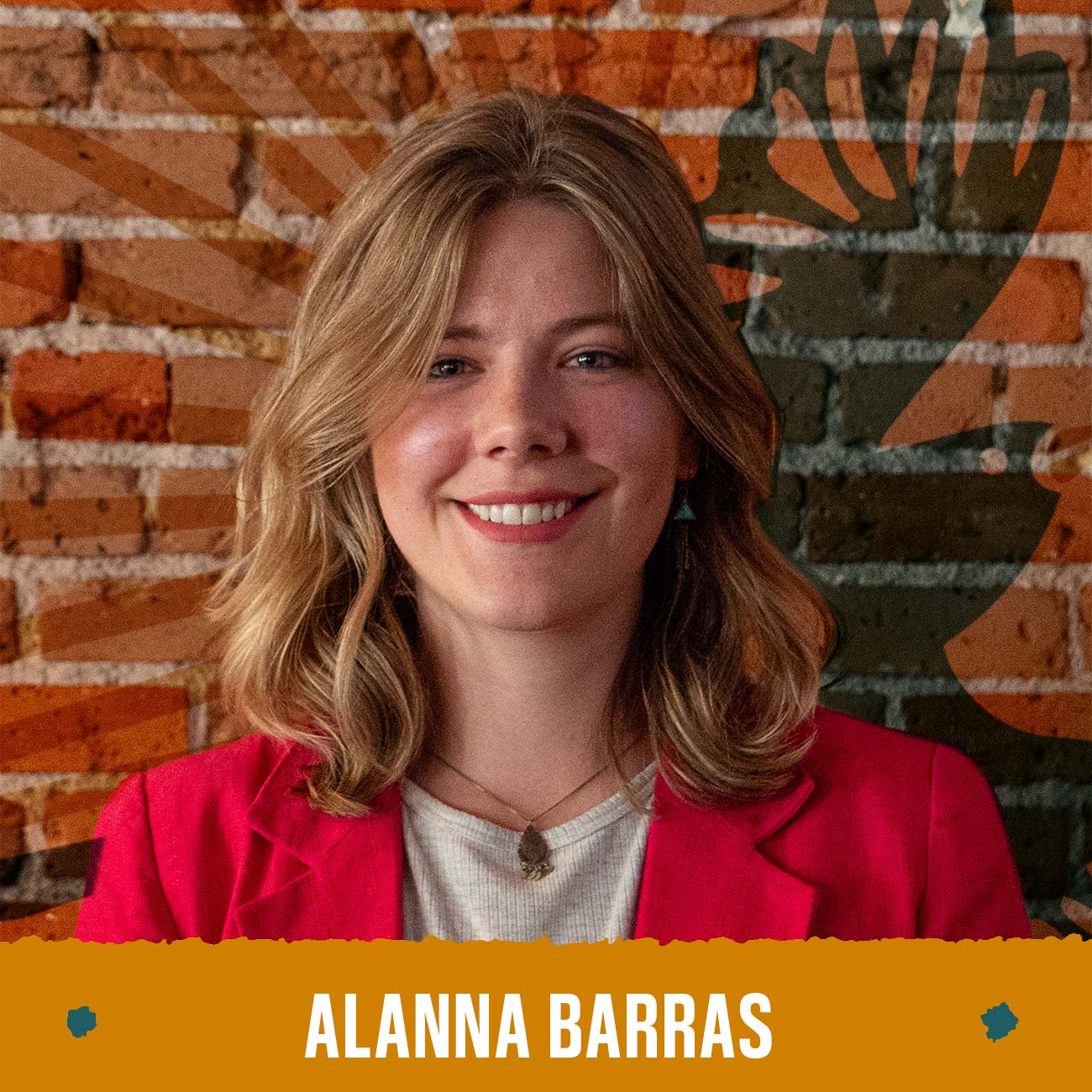Protégete’s Climate Justice Leadership Academy, created earlier this year, is a pioneering initiative which aims to amplify Latine voices in environmental and climate policy-making. The core of this program is to bring diverse, real-world experiences from affected communities into the decision-making process. This is achieved partly through the Academy’s Boards and Commissions Fellowship, which educates community members on key governance topics like parliamentary procedure and public meeting law, preparing them to serve effectively on various boards and commissions.
This approach strategically positions Conservation Colorado and Protégete at the forefront of inclusive environmental advocacy in Colorado. By empowering community members, especially from underrepresented groups, to take on leadership roles, the Academy ensures that environmental policies are more equitable and representative of the communities they impact. This initiative is not only about advocating for change but actively creating leaders who can drive this change, making Protégete a vital contributor to shaping a more inclusive future in environmental policy-making.
In September Alanna Barras was accepted into the inaugural cohort of the Climate Justice Leadership Academy Boards and Commissions Fellowship. Soon after that Alanna was appointed by Gov. Jared Polis to the Colorado Anti-Discrimination Act Rewrite Subcommittee to serve as a member who represents business community interests. Alanna agreed to share her story and why she applied to be part of the Boards and Commissions Fellowship:
Question: Who is Alanna Barras?
Answer: I’m from Colorado, grew up in Boulder but now I live in Denver. After COVID hit I wanted to get more involved in my community so I started looking around for places to volunteer and found the Boards and Commission Fellowship. It has been awesome as a learning opportunity and as a direct result of it I was appointed earlier this year to a task force I applied to.
Q: Why did you apply for the Boards and Commissions Fellowship?
A: Whenever I don’t know how to do something, I try to learn from experts. This was an opportunity to learn from experts but also make a real impact and get connected to my community. I wanted to make an actual difference and not just be doing things to feel better about myself. I wanted to act, not just have good intentions.
Q: What conservation issues are you passionate about?
A: One is equal access to the outdoors. Over time I’ve become increasingly aware of the fact that even though I grew up within walking distance to beautiful parks and hiking trails, that is not the experience for many people in Colorado. But it should be. Another is that when I moved to Denver I moved just North of the really industrial areas that I didn’t know existed before I moved there. Especially the Suncor plant, I had no idea the amount of pollutants that refinery is constantly producing. I’ve become more and more aware of how bad Colorado’s air quality is. We’ve got kind of the “green image” as a state. Everybody thinks of Colorado as a really environmentally-conscious state but we don’t really live up to that image. Which I hate. We can do better than that. We should be one of the leading states environmentally instead of embarrassing ourselves by failing our own air quality standards.
Q: Can you talk about the importance of community involvement in politics in general?
A: I think it’s super important. I come from a consulting background where my team was asked by an executive to come into a company and solve a problem. But it would be hard to solve a problem without buy-in from the employees. It’s the same in politics. You need the buy-in from the people who are going to be impacted by the change if you want change to happen. Also, the people actually being impacted by problems generally have the best ideas of how to actually fix them. If you’re living with a daily frustration you probably have put in a lot of thought into how to address that frustration especially compared to someone who lives in a completely different zip code or tax bracket.
Q: What would you say to someone who wants to get involved with addressing climate justice issues in Colorado?
A: One: just do it. It’s more important to get involved with something and figure it out later if you want to switch to a different issue. It’s better to do it that way rather than just sitting on the sidelines. Two: it’s not hopeless. Something I struggled with, especially during COVID when it felt like the world was ending, was feeling like it didn’t matter if I did anything or not. Part of why I felt this way was because I was only consuming news at the national or world level. I felt like if I volunteered or donated at the national or world level I didn’t see a lot of indication that my single grain of sand was making any real difference anywhere. But if you get involved at the local level you get to meet people who have made a real impact in your community. You get inspired and motivated because you can see first-hand the progress being made. You can join in with that movement and see that your voice has a huge impact locally. It’s really important for people to see that.
Q: What would you say to politicians or elected officials looking to address climate justice issues in Colorado?
A: I would say they should follow through with their promises. A lot of politicians will talk a big game and say they are supportive of climate justice issues but then not follow through while in office. Another thing is being transparent about when they’re voting on something or why they support a certain policy or plan. They should also make sure they are really thinking through who is being impacted by an issue and making sure that all those voices are heard. A classic example would be when politicians allowed highways to be built through neighborhoods because they either didn’t like those neighborhoods or didn’t give a shit about them.
Q: How do you feel about being part of this fellowship so far?
A: This fellowship has been a better structured learning experience and a more useful learning experience than most of my college classes were. I cannot recommend this enough to people and I will be obnoxious about this to anyone who will listen. I am just really happy I joined this.

